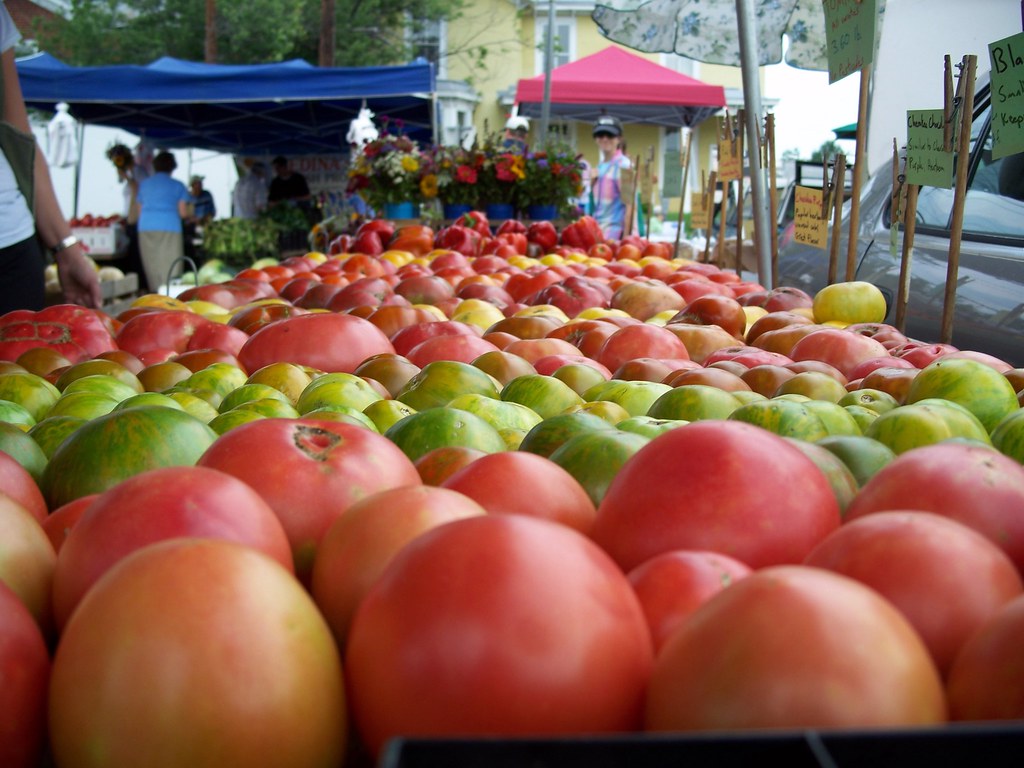To begin, there are a few developments on the information sharing front: first off, I completely revamped the Dining section of the UVa Sustainability website, as it hadn't been updated in close to a year and a half. Click
here for the update, and to check out all the work Dining is already doing to further sustainability. The link to a pdf of our sustainability brochure will still take you to an outdated brochure, but my student Sustainability Intern, Laura Moynihan, is working on that updating project.
Secondly, the Green Dining page on the UVa Dining website still needs its own overhaul, but step one of that process has been to embed a Green Dining events calendar onto the page. Click
here to see the calendar (or just check out the side bar on this blog, as I also have calendar events streaming on here). Laura has also created a Green Dining flickr page that will hopefully soon be linked to the webpage; in the meantime, click
here to see some Green Dining and related pictures.
Last week I went out to The Local Food Hub for a tour of their warehouse facility and an exciting chat with Director Kate Collier and Purchasing and Operations Manager Alan Moore about how UVa Dining may establish a relationship with the Food Hub. The majority of Dining's food currently comes from a large distributor, and our current method of incorporating local food into the dining halls is to encourage them to sell to us through one of our distributors (more expensive, but a verified process nonetheless). The Local Food Hub presents a unique opportunity in that they essentially are their own distributor, and need to be approved to sell to UVa Dining without an additional middleman. The Hub is, of course, also unique in that they are really helping local farmers tap into markets beyond the standard CSA/farmers market set up, and as this will hopefully ensure long-term economic viability (and farmland preservation) for these pioneering agriculturalists, I support the Food Hub's work and our involvement with them, no matter how complex the arrangement becomes. I'm currently in conversations regarding this process with sustainability directors up at corporate headquarters, so stay tuned for developments on this front...
Also last week, Dining Executive Chef Bryan Kelly and I met up with the co-owners of
One Planet Coffee for a small coffee tasting and another discussion about the process of becoming an approved Aramark vendor. I'm not a coffee drinker and even I liked it! They have a great focus on purchasing organic, fairly traded and otherwise sustainably grown and harvested coffee beans. There's also the fact that Hedieh Fakhriyazdi, one of the co-owners, is an '09 UVa grad, and is quite familiar with the coffee needs of UVa students. Hedieh and Jacob are doing great things with their fledgling business, and I appreciate them reaching out and sharing their practices with us. As of now, it will be difficult to near-impossible to switch up any of Dining's current coffee arrangements, but I think it's just a matter of time before a small company (with UVa ties, no less) is able to sustainably provide quality coffee to college students.
There is a bit of a resolution to the Cavalier Daily's recent mis-quote fiasco: the Ombudsman wrote a column explaining the need for journalistic transparency and training in proper journalism practices; something I definitely support. Read the article here: "
Fine Print".




